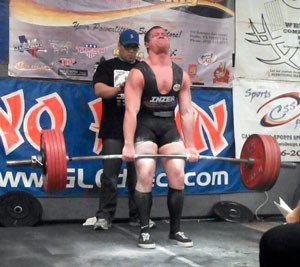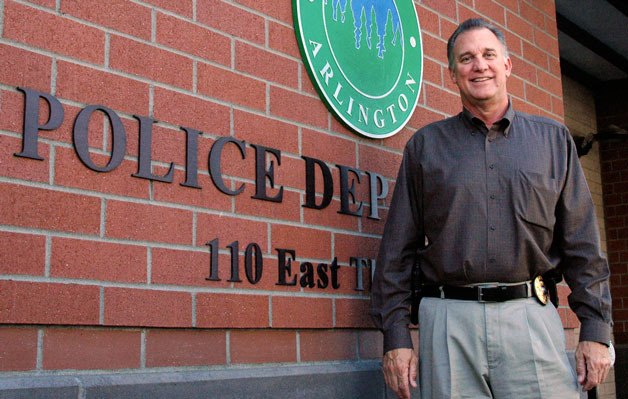ARLINGTON — Despite contention from an Arlington-based group, the Supreme Court has ruled that the names on signed referendum petitions cannot be kept anonymous.
Justices ruled 8-1 on the decision, which was made Thursday, June 24.
Spearheading the effort to keep petition signers’ names secret was Protect Marriage Washington, a group led Larry Stickney of Arlington.
While the Supreme Court ruled that disclosing referendum signatures in general would not violate the First Amendment, the court acknowledged that the group may “press the narrower challenge” of protecting the names of Referendum 71 petition signers in lower courts.
Stickney, who in the past has said that revealing the names of individuals who signed the petition could lead to threats or harassment, said Thursday that he had mixed feelings about the ruling.
“We’re optimistic that we’re going to be able to protect these signatures,” Stickney said. “That’s what we set out to do.”
The organization collected the signatures in support of Referendum 71, which voters turned down last November.
The referendum was put to voters in response to the state’s “everything but marriage” domestic partnership law.
State officials, including Washington Attorney General Rob McKenna and Secretary of State Sam Reed, have both supported the ruling.
“This is a good day for transparency and accountability in elections — not just in Washington but across our country,” McKenna said. “We’re pleased the Supreme Court ruled in favor of disclosure, upholding the public’s right to double-check the work of signature gatherers and government — and giving them the ability to learn which voters are directing the state to hold an election on a new law. Citizen legislating is too important to be conducted in secret.”
Reed agreed with McKenna’s comments.
“We believe in open and accountable government in Washington and today’s remarkable 8-1 Supreme Court ruling makes it clear that we are on firm constitutional footing, as Attorney General Rob McKenna had asserted on our behalf,” Reed said.
Stickney’s attorney, James Bopp Jr. of Terre Haute, Ind.-based Bopp, Coleson & Bostrom, issued a statement Thursday afternoon.
“We are pleased that the Supreme Court has recognized that individuals who support marriage should have the opportunity to protect their personal information from public disclosure,” Bopp said. “While we wish the Court had agreed with us and found that petition signers speaking on any issue should be protected from having personal information disclosed to the public, we are looking forward to returning to Washington and showing the Court that supporters of traditional marriage should have their personal information protected from disclosure.”
Bopp said that the case will return to the U.S. District Court for the Western District of Washington where further proceedings will occur.






